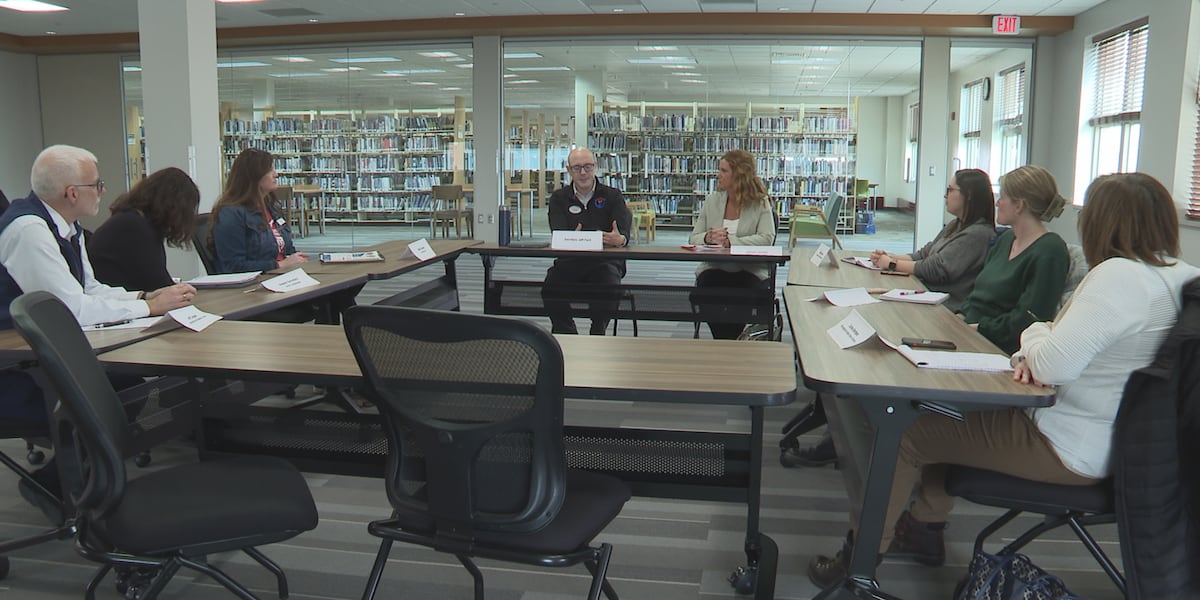
Wisconsin Child Care Program Faces Funding Cliff: Potential Impacts on Providers and Families
Wausau, WI – A crucial state-funded initiative aimed at sustaining child care providers in Wisconsin is poised to conclude in June 2025, raising concerns among stakeholders about the ramifications for the industry. The Child Care Counts program, which allocated approximately 0 million in pandemic relief to help maintain operations, has yielded recent survey findings from the University of Wisconsin-Madison that underscore the precarious situation many child care facilities now face.
According to the survey, nearly 25% of child care providers are at risk of shutting down their operations once financial support from the Child Care Counts program ceases. Alarmingly, around 78% of respondents indicated that the withdrawal of funding would compel them to hike fees for the care of infants—children under the age of two—who typically require a higher staff-to-child ratio than older kids. Specifically, regulations mandate one teacher per four infants, in contrast to one teacher for every eight children over the age of two.
Localized data reveals stark disparities in provider vulnerability across counties. In Marathon and Portage Counties, approximately half of the respondents (37 providers in Marathon and 19 in Portage) signaled that closure is likely if financial support is discontinued. Notably, up to one-third of Marathon County providers and two-thirds of those in Portage reported plans to increase infant rates by an average of weekly, amounting to an additional ,300 annually per child.
The Secretary of the Wisconsin Department of Children and Families (DCF), Jeff Pertl, convened a meeting with child care advocates and stakeholders in Wausau to address the looming funding cut’s implications. Kaytie Ruech, a representative from Little Sprouts Garden preschool, articulated the challenges faced by providers, emphasizing that the current financial model does not allow for competitive wages, as staff hours are drastically cut when they are not needed to meet required child-to-teacher ratios.
In response to the ongoing crisis, Governor Tony Evers has proposed a budget allocation exceeding 0 million to support child care initiatives in the state’s 2025-2027 executive budget. Pertl highlighted that advocacy to educate legislators on contemporary child care challenges is imperative for crafting viable solutions. “Although it appears to be a substantial investment, when we consider that billion is spend on K-12 education, 0 million for early childhood is a modest allocation,” he remarked.
Efforts to engage lawmakers in dialogue about the critical funding needs for child care have met with a mixed reception. Representative Pat Snyder, who chairs the children and families committee, has acknowledged the problem but has yet to offer concrete solutions. He previously mentioned the necessity of fostering understanding among fellow legislators about the comprehensive need for state support in addressing the financial strains faced by families and child care businesses.
As the June deadline approaches, there is escalating urgency for stakeholders to secure the necessary funding and support to avert a potential crisis in Wisconsin’s child care system, which plays an integral role in the well-being of both providers and families across the state.


